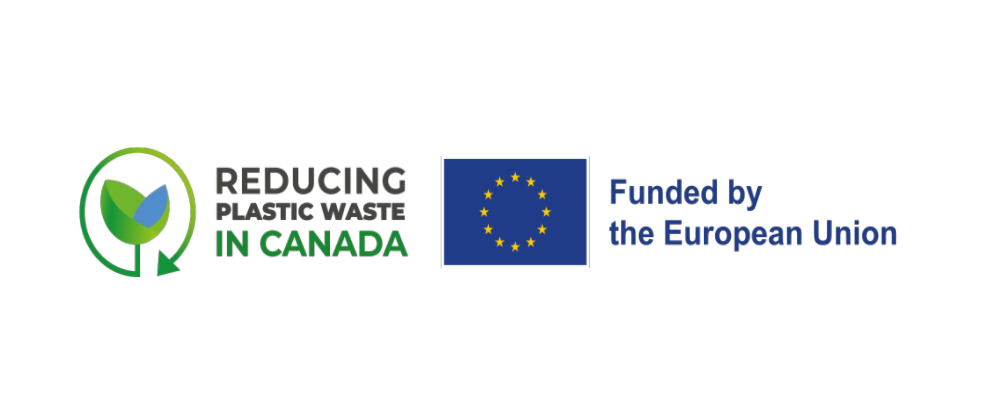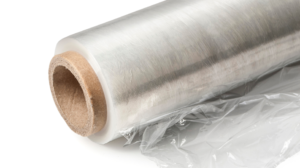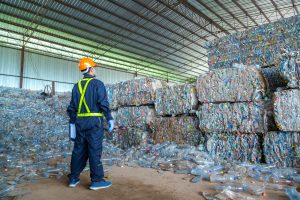- Policy
- Government
- Facts & Stats
- Plastic Pollution
- National
- International
Story 10: New Developments in Green Procurement in Denmark
Denmark has a Secretariat for Green Public Procurement (GPP) which is driving the development of new green criteria across multiple product categories.
Denmark has a Partnership on Green Public Procurement (POGI) and a Forum on Sustainable Procurement (the Forum) within the Ministry of Environment. These are the Ministry’s two main initiatives on GPP administered by the Secretariat for Green Procurement within the Danish Environmental Protection Agency (EPA).
The Danish government first released their strategy for circular economy in 2018. It was succeeded by the strategy for green public procurement ‘Green Procurement for a Green Future’ in 2020, which included a Partnership on Green Public Procurement – representing approximately thirty local governments. Since 2021 the Partnership has developed criteria for procurement goals in the categories of: transportation, information technology and communication equipment, and lightning. Criteria for procurement relating to sustainable wood, cleaning products and food are expected to be finalised by the end of 2023. Working groups to develop procurement criteria for the categories of textiles, furniture and recycled assistive devices are expected to start in 2023.
Since 2021 the Forum coordinates working groups that provide input and recommendations to be included in tenders. Working groups have been established for the following categories:
(1) Product standards in green procurement;
(2) Circular business models and furniture;
(3) Green and climate friendly procurement of food;
(4) Green consumption and behavior in procurement;
(5) Green last mile transportation;
(6) Innovation clauses.
The Secretariat for Green Procurement cooperates with other government authorities to create one common online portal with access to sustainability requirements in public tenders and private procurement agreements. The purpose of the portal is to provide access to the latest knowledge on opportunities, requirements and tools to support sustainable procurement.
The Danish EPA is also very involved with the European Commission on its work related to:
- The Sustainable Product Initiative (SPI) – setting minimum performance requirements for products to gain access to the EU market. This will require a regulation that focuses on products’ environmental impact throughout its life cycle based on harmonized life-cycle assessment methods, a Product Environmental Footprint (PEF) and design-specific requirements that promote circular economy by increased durability, repairability, preparation for future recycling, etc.; and
- The Green Claims Initiative (GCI) – developing a framework on how to price a product as green and how to market its products without misleading the consumer.
URLs
https://ec.europa.eu/environment/gpp/pdf/17_03_2022/5.1%20Update%20Members%20GPP%20AG_final.pdf
https://denansvarligeindkober.dk/
The European Union (EU) project on Reducing Plastic Waste in Canada




